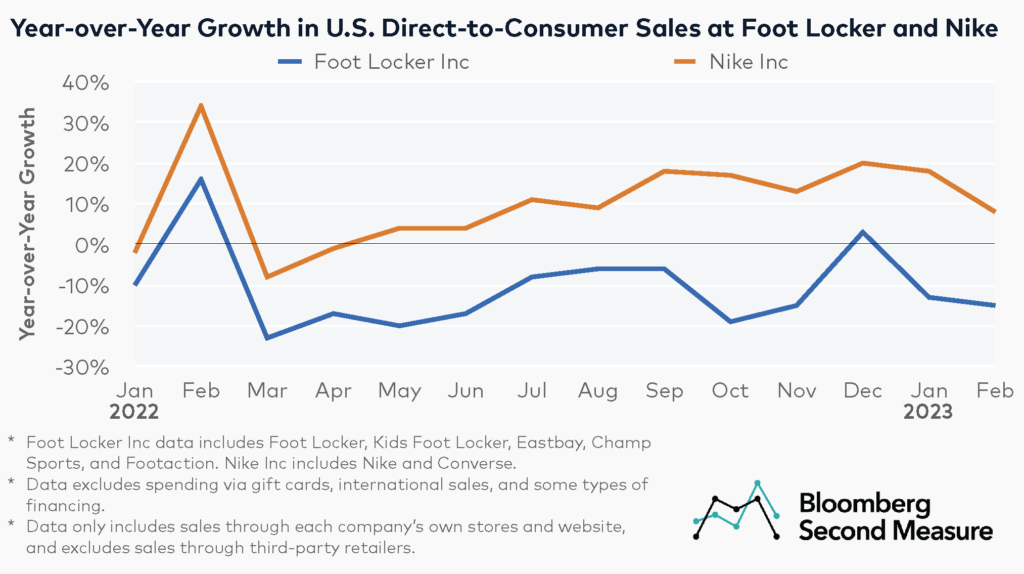Does The US Really Need Canada's Goods? Expert Analysis Of Trump's Claims

Table of Contents
Analyzing the Economic Interdependence Between the US and Canada
The economic ties between the US and Canada are far deeper than a simple exchange of goods; it's a complex web of integrated supply chains and shared resources. Severing these ties would have significant and far-reaching consequences.
Energy Dependence: How Much Does the US Rely on Canadian Energy?
The US relies heavily on Canada for energy resources, particularly in the northern states. Canadian oil and gas imports significantly impact US energy prices and security. The Keystone XL pipeline, though ultimately canceled, exemplifies the crucial energy infrastructure linking both nations. The import of these resources is not merely about quantity; it's about reliable supply and diversification of energy sources.
- Key Energy Products Imported from Canada:
- Crude oil
- Natural gas
- Refined petroleum products
- Electricity
The volume of these imports significantly impacts the energy markets in the US, particularly regions like the Midwest and Northeast, mitigating price volatility and ensuring energy security.
Manufactured Goods: Beyond Automobiles – The Scope of US-Canada Trade
The automotive industry often dominates the narrative of US-Canada trade, but the reality is far broader. Canada is a major supplier of diverse manufactured goods vital to the US economy. This includes lumber for construction, pharmaceuticals for healthcare, and machinery for various industries.
- Key Manufactured Goods and Their Economic Importance:
- Lumber: Crucial for the US construction and housing industries.
- Pharmaceuticals: Essential for the US healthcare system.
- Machinery: Supporting diverse manufacturing sectors.
- Pulp and paper products: Vital for various industries, including packaging and printing.
Disrupting the flow of these goods would create significant challenges for US manufacturers and consumers, causing supply chain disruptions and price increases.
Agricultural Products: Food Security and Trade Flows
Canadian agricultural products play a substantial role in the US food supply. From dairy products to grains, the seamless flow of agricultural goods across the border ensures food security and affordability for American consumers. Disrupting this trade would impact food prices and potentially lead to shortages of certain products.
- Key Agricultural Imports from Canada:
- Dairy products
- Wheat
- Canola oil
- Potash (fertilizer)
The sheer volume and value of these imports underscore their significance to the US agricultural sector and overall food security.
The Impact of Potential Trade Barriers on the US Economy
Imposing trade barriers on Canadian goods would have far-reaching negative consequences for the US economy, extending beyond immediate price increases.
Ripple Effects on Prices and Consumers
Reduced trade with Canada would inevitably lead to higher prices for US consumers, affecting everything from energy bills to the cost of everyday goods. The increased scarcity of Canadian products would force Americans to rely on more expensive alternatives or face shortages.
Disruptions to Supply Chains
US businesses heavily reliant on Canadian goods would face significant disruptions to their supply chains. Delays, increased costs, and potential production halts would cascade throughout the economy, impacting job security and economic growth.
Retaliatory Measures and Economic Recessions
Any attempt to significantly restrict trade with Canada would likely provoke retaliatory measures, potentially leading to a trade war with severe economic consequences for both countries. This could trigger a recession, resulting in job losses and reduced economic output.
- Potential Negative Economic Effects:
- Increased consumer prices
- Supply chain disruptions
- Job losses
- Economic slowdown or recession
- Retaliatory tariffs and trade wars
Expert Opinions and Counterarguments to Trump's Claims
Numerous experts in international trade and economics have challenged the assertions that the US doesn't need Canadian goods. Studies and data consistently demonstrate the deep economic interdependence and the potential negative consequences of severing trade ties. The political context of these claims often overshadows the economic realities of the US-Canada relationship.
- Key Expert Opinions:
- Economists have consistently pointed to the significant economic benefits of the US-Canada trade relationship.
- Experts highlight the integrated nature of supply chains and the negative consequences of disrupting these flows.
- Studies show that trade barriers would lead to higher prices for consumers and reduced economic growth.
Conclusion: Re-evaluating the Necessity of Canadian Goods for the US Economy
The analysis clearly demonstrates the significant economic interdependence between the US and Canada. Claims suggesting the US doesn't need Canadian goods are demonstrably inaccurate. Disrupting the US-Canada trade relationship would have severe negative consequences for the US economy, impacting consumers, businesses, and the overall economic well-being of the nation. Deepen your understanding of the US-Canada trade relationship and explore the complexities of this vital economic partnership to fully appreciate the importance of maintaining strong bilateral trade ties.

Featured Posts
-
 Georgia Southwestern State University All Clear Following Campus Incident
May 15, 2025
Georgia Southwestern State University All Clear Following Campus Incident
May 15, 2025 -
 Foot Lockers Results Signal Nikes Resurgence Analysts Suggest
May 15, 2025
Foot Lockers Results Signal Nikes Resurgence Analysts Suggest
May 15, 2025 -
 Carneys New Cabinet Fresh Faces In Energy Housing And Ai
May 15, 2025
Carneys New Cabinet Fresh Faces In Energy Housing And Ai
May 15, 2025 -
 Celtics Vs Knicks Tatum Credits Knicks Strong Game 1 Showing
May 15, 2025
Celtics Vs Knicks Tatum Credits Knicks Strong Game 1 Showing
May 15, 2025 -
 The Future Of Football La Ligas Ai Driven Global Expansion
May 15, 2025
The Future Of Football La Ligas Ai Driven Global Expansion
May 15, 2025
